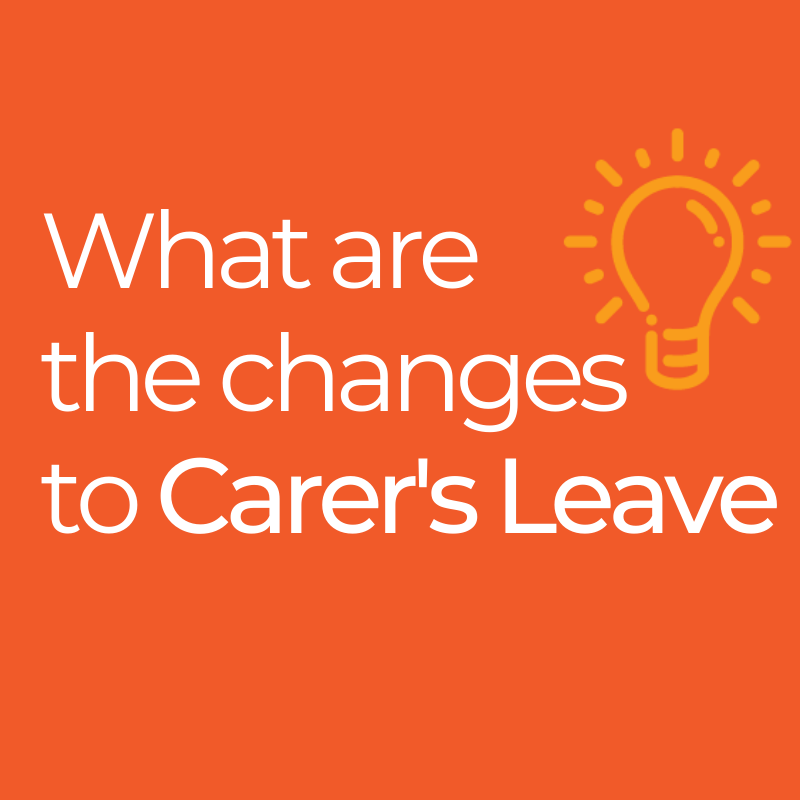The Conservative manifesto, produced back in 2019 in anticipation of the General Election, included a proposal to extend leave entitlement for carers, who in the main are women. As a result of the UK’s ageing population, it is likely that the number of employees providing care will only increase and the provision of time off will support the juggling act of caring and working.
Consultation took place during 2020 and finally in September 2021, the government published its response to that consultation. As a consequence, the government has committed to introducing a right for unpaid carers to take up to one week (five working days) of unpaid leave per year. This will apply in England, Scotland and Wales.
Eligibility
This will be a day one right, so regardless of length of service, which can be taken in either a block of a week or individual days or half days, up to one whole week, pro-rated for part time employees.
The relationship with the person being cared for will broadly follow the definition of ‘dependent’ which is applicable to the current statutory right to take time off for dependents, i.e. a spouse, partner, civil partner, child, parent, a person who lives in the same household as the employee (other than by reason of that person being their employee, tenant, lodger or border) or a person who reasonably relies on the employee for care.
The right will also depend upon the person being cared for having a long term care need, be that physical or mental or for issues relating to old age.
What can the leave be used for?
There will be a broad range of scenarios where carer’s leave can be used but the focus will be on making arrangements for or providing long-term care needs. It can be used to provide personal and practical support, help with financial matters and personal or medical care.
What can the leave not be used for?
Childcare (other than where the child has a disability or other long term care need) and short term care needs will be out of scope of these regulations. There is already a statutory entitlement to time off for dependents as well as parental leave.
Notice to take leave
There will be a minimum requirement for the employee to provide notice which will be at least twice the length of the leave being requested. Employers will have the ability to postpone a leave request but not deny the request altogether. They will only be able to do this where they consider that by the employee taking the leave, the business would be unduly disrupted.
Evidence
There will not be any official documentation required and therefore employees will be able to self-certify. Whilst this could be open to abuse, for which disciplinary action may be appropriate, it was felt that a light-touch and reasonable approach to carer’s leave would make it more accessible and not put further stress onto carers who are already experiencing difficulties.
Whilst this may be viewed as another cost for employers to bear in terms of providing cover for employees taking this leave or work being delayed or re-allocated , it is also expected that there will be benefits for employers as well in the form of enhanced employee loyalty, reduced staff turnover, increased productivity and positive brand image.
The government has yet to pass legislation to introduce this new entitlement and will do so when parliamentary time allows. However, now would be a good time to engage with your workforce and open up communication channels so that employees can feel more comfortable to talk about their caring responsibilities and employers can be considering plans to accommodate and support requests that may be made.
If you require any assistance or have any queries relating to Carer’s Leave, please contact your Alcumus HR Consultant for support.
Marie-Clare Swallow - Senior HR Consultant
If you would like more information on annual leave for 2022, speak to one on of our helpful HR consultants.






